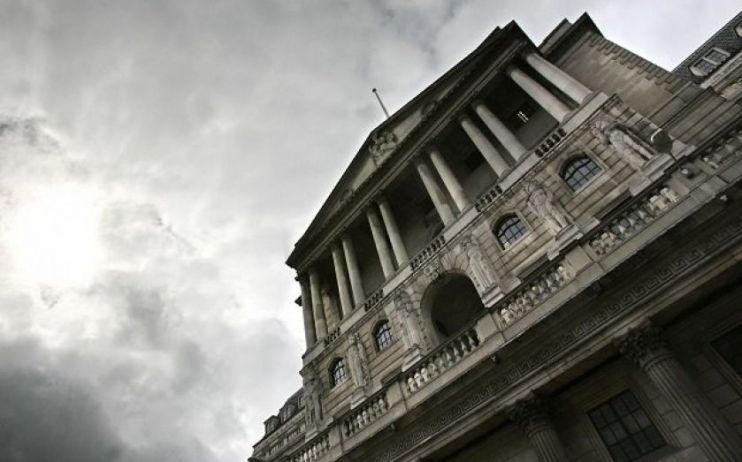Britain’s financial system ‘prepared’ for worst case Brexit scenario, says Bank of England

Britain’s banks and financial system are prepared for a “worst case disorderly Brexit”, the Bank of England (BoE) said, although it warned there could still be disruption, particularly for borrowers from the European Union (EU).
Extensive preparations by UK authorities and businesses have mitigated “most risks to UK financial stability that could arise from disruption to cross-border financial services in a no-deal Brexit,” the bank’s Financial Policy Committee (FPC) said in a statement.
Read more: Bank of England sets out strict regulatory conditions for Facebook Libra
The FPC said that although the UK had taken action to address the biggest risk of disruption for its citizens, there could still be disruption for people in the EU following a no-deal Brexit.
“Such disruption would primarily affect EU households and businesses, but it could amplify volatility or spill back to the UK in ways that cannot be fully anticipated or mitigated,” it added.
The statement also warned the UK could face “significant further asset price volatility” in the event of a no-deal Brexit.
“In a disorderly Brexit, demand for UK assets could be expected to fall sharply, depreciating sterling and tightening financial conditions for UK households and businesses through adjustments in equity prices and corporate and bank funding costs,” it said.
BoE governor Mark Carney told the Treasury Select Committee (TSC) last month that a worst-case Brexit scenario would have a less severe effect on the economy than previously thought thanks to preparations by business and government.
Whereas in November 2018 the BoE thought a no-deal outcome could wipe eight per cent off UK GDP, Carney told the TSC it now estimates a worst-case scenario could take 5.5 per cent off growth.
The FPC also said it would outline changes it would like to see to open-ended funds in December, following a review conducted alongside the Financial Conduct Authority (FCA) in the wake of the Woodford saga.
Former star fund manager Neil Woodford was forced to suspend his Equity Income Fund (WEIF) in June after it became overwhelmed by investor withdrawals. It is due to be reopened in December.
Read more: Mark Carney says Bank of England to stress test banks with ‘catastrophic’ climate scenario
WEIF offered customers the possibility of daily redemptions, but was forced to gate after it was unable to sell off assets quickly enough to fund redemptions.
The FPC said it regards “the mismatch between redemption terms and the liquidity of some funds’ assets has the potential to become a systemic risk”.
Main image credit: Getty